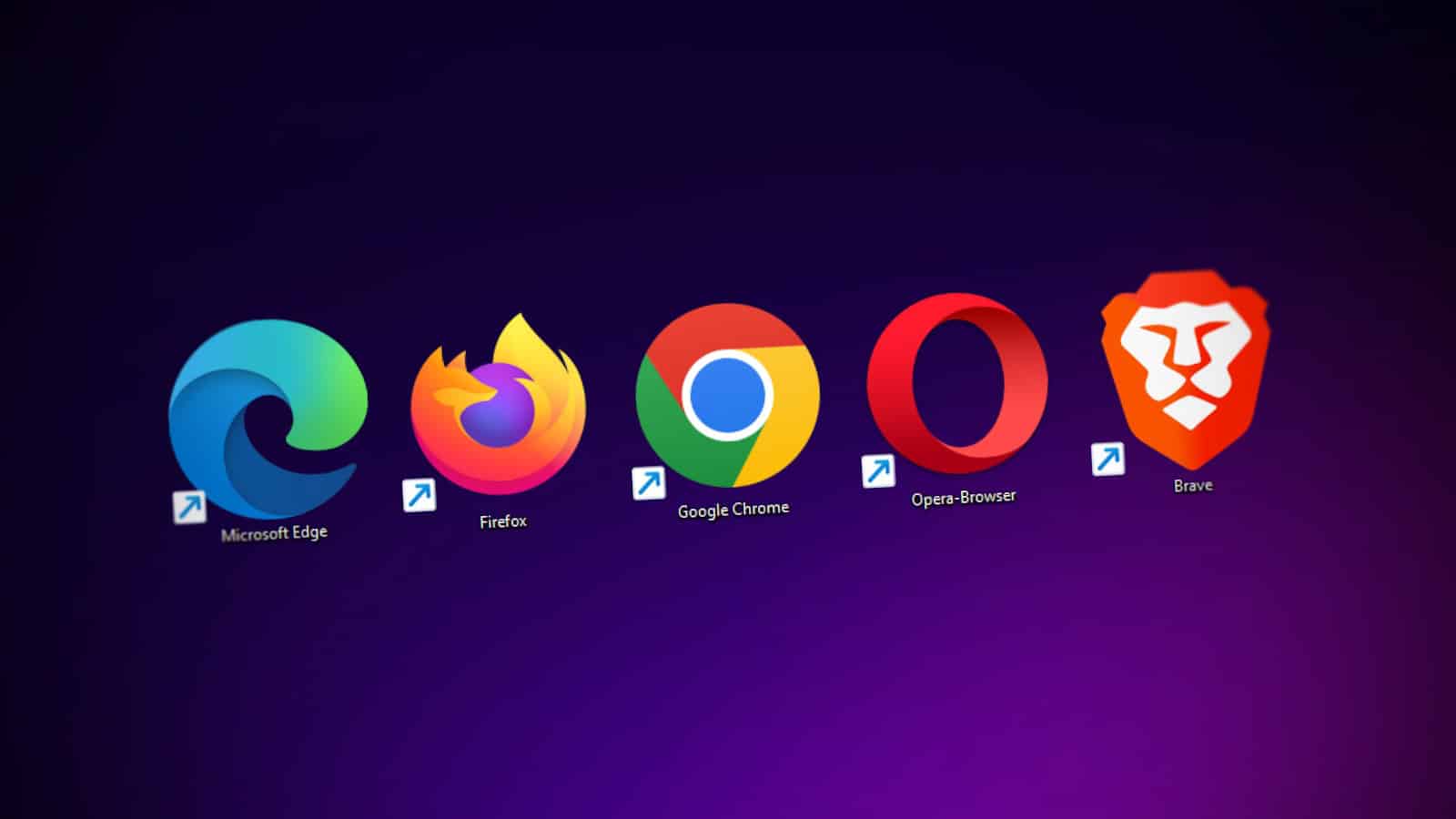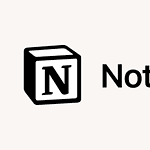Web browsers are essential tools for navigating the internet. They allow users to access a wealth of information, resources, and services online. The landscape of web browsers is diverse, with several options available to users. These range from widely-used browsers like Google Chrome to other major players like Safari, Firefox, and Edge.
Google Chrome leads the pack with a considerable market share that often surpasses other browsers in speed and compatibility. Safari, which is integral to Apple devices, also holds a significant percentage of the market. Meanwhile, browsers like Firefox focus on privacy and customization, and Edge has found its niche among Windows users. Each browser presents a unique set of features and attributes that cater to different preferences and needs.
The choice of browser can affect how content is displayed, the performance of web applications, and the level of security and privacy a user experiences. While some users remain loyal to one browser, others switch between them based on functionality and the type of devices they are using.
🥇 1. Google Chrome — ~64% Global Market Share
Overview:
Google Chrome remains the undisputed leader, holding roughly 63.9% of global browser usage as of late 2025 (SimilarWeb, Aug 2025). Its dominance spans desktop, mobile, and tablet platforms.
Why It Leads:
- Seamless integration with Google services (Gmail, Drive, YouTube).
- Fast performance and extensive extension ecosystem.
- Regular updates with strong security and AI-driven features.
Challenges:
- Rising concerns over privacy and data tracking.
- Growing competition from privacy-first browsers.
🥈 2. Apple Safari — ~19% Global Market Share
Overview:
Safari continues to dominate the Apple ecosystem, serving as the default browser on iPhones, iPads, and Macs. Its global share hovers around 19%, making it the second most used browser worldwide (Cloudflare Radar, 2025 Q1).
Why It’s Popular:
- Optimized for Apple hardware and battery efficiency.
- Strong privacy protections via Intelligent Tracking Prevention (ITP).
- Tight integration with iCloud and Apple services.
Challenges:
- Limited availability outside Apple devices.
- Slower adoption of some new web standards compared to Chrome.
🥉 3. Microsoft Edge — ~5% Global Market Share
Overview:
Built on the Chromium engine, Microsoft Edge has steadily grown its user base, particularly among enterprise users and Windows 11 adopters.
Why It’s Growing:
- Default browser on Windows PCs.
- AI integration via Copilot and Bing Chat.
- Strong security and enterprise management tools.
Challenges:
- Perception as a “default-only” browser.
- Limited traction on mobile platforms.
4. Mozilla Firefox — ~3% Global Market Share
Overview:
Once a major player, Firefox now maintains a loyal niche audience focused on open-source values and privacy.
Why It Still Matters:
- Open-source and independent from major tech ecosystems.
- Advanced privacy tools like Enhanced Tracking Protection.
- Developer-friendly environment.
Challenges:
- Smaller extension library compared to Chrome.
- Declining market share due to competition from Chromium-based browsers.
5. Samsung Internet — ~2.5% Global Market Share
Overview:
Pre-installed on Samsung smartphones, Samsung Internet has become a strong competitor in the mobile space, particularly in Asia.
Why It’s Popular:
- Optimized for Samsung devices and Android integration.
- Built-in ad blockers and privacy features.
- Smooth performance on mobile.
Challenges:
- Limited desktop presence.
- Brand perception as a “secondary” browser.
6. Opera — ~2% Global Market Share
Overview:
Opera continues to attract users seeking speed, built-in VPN, and AI tools. Its innovations in mobile browsing (Opera Mini, Opera GX) help maintain its niche.
Why It’s Relevant:
- Built-in free VPN and ad blocker.
- AI integration via Aria, Opera’s native assistant.
- Gamer-focused version (Opera GX).
Challenges:
- Smaller ecosystem and extension support.
- Less mainstream adoption.
🌍 Browser Trends Heading into 2026
- AI Integration Everywhere:
Browsers like Edge and Opera now feature built-in AI assistants, with Chrome expected to expand Gemini integration. - Privacy-First Movement:
Growing user awareness fuels adoption of privacy-focused browsers like Brave and Firefox. - Mobile-First Optimization:
As mobile browsing surpasses desktop usage, browsers are prioritizing speed, battery efficiency, and gesture-based navigation. - Cross-Platform Syncing:
Seamless device syncing (bookmarks, passwords, sessions) remains a key differentiator.
📊 Summary Table — Browser Market Share (Projected 2026)
| Rank | Browser | Market Share (Est. 2026) | Key Strengths |
|---|---|---|---|
| 1 | Google Chrome | ~64% | Speed, extensions, ecosystem |
| 2 | Apple Safari | ~19% | Privacy, Apple integration |
| 3 | Microsoft Edge | ~5% | AI tools, enterprise features |
| 4 | Mozilla Firefox | ~3% | Open-source, privacy |
| 5 | Samsung Internet | ~2.5% | Mobile optimization |
| 6 | Opera | ~2% | Built-in VPN, AI assistant |
🧭 Final Thoughts
The 2026 browser market remains dominated by Chrome and Safari, but innovation is accelerating. AI-powered browsing, privacy-first features, and cross-device experiences are defining the next generation of web navigation.
Whether you prioritize speed, privacy, or AI integration, there’s never been a better time to explore alternatives beyond the default.
Sources:
- Cloudflare Radar – Browser Market Share 2025 Q1
- SimilarWeb – Browser Market Share August 2025
- Backlinko – Browser Market Share 2025
Key Takeaways
- Web browsers provide access to online content and services.
- Google Chrome dominates in market share and usage.
- Browser choice impacts user experience in terms of display, performance, and security.
Overview of Web Browser Landscape
The web browser sector is dynamic, with key players and shifting usage patterns. Understanding the current state of browsers helps in grasping the digital behaviors and needs of internet users.
Market Share and Trends
Google Chrome leads the browser market, claiming a market share of 65.34%. Safari follows with 18.12%, while Microsoft Edge holds 5.21%. Firefox is used by 2.88% of web users. These figures demonstrate a strong preference for Chrome among internet users, and this trend has been consistent over the past year as per Statcounter data.
Platforms and Ecosystems
Web browsers operate across multiple ecosystems including Windows, Mac, and Android devices. Chrome and Safari have strong integration with their native platforms, Google’s Android and Apple’s Mac, respectively. This tight integration enhances the user experience by enabling a seamless transition between devices within the same ecosystem.
Key Web Browsers
The most recognized web browsers are Chrome, Safari, Microsoft Edge, Firefox, and Opera. Lesser-used options include Brave and Vivaldi. Each web browser offers its range of features and continues to adapt to the needs of the market. Some have a stronger focus on privacy, like Brave, while others emphasize speed or user experience.
Browser Features and USP
Unique selling points of browsers include performance, privacy, and customization. Most web browsers now offer features like incognito mode and VPN services to aid in privacy. Themes and extensions add to the user’s ability to customize their browsing experience. Performance remains a key area of competition, with speed often being a major consideration for users.
User Demographics and Preferences
User demographics and preferences vary by region and country. While Chrome is widely popular, some regions show a stronger preference for browsers like Safari or regional options like Samsung Internet. Market penetration can depend on factors such as pre-installed browsers on devices or the prominence of certain operating systems in a region.
Business and Development Perspectives
For businesses and web developers, understanding browser market share is critical for marketing strategies and testing. Developers must ensure their websites perform well across the most used browsers to reach the widest audience. The digital landscape requires that businesses consider resource usage, targeted audience and browser features in their efforts.







